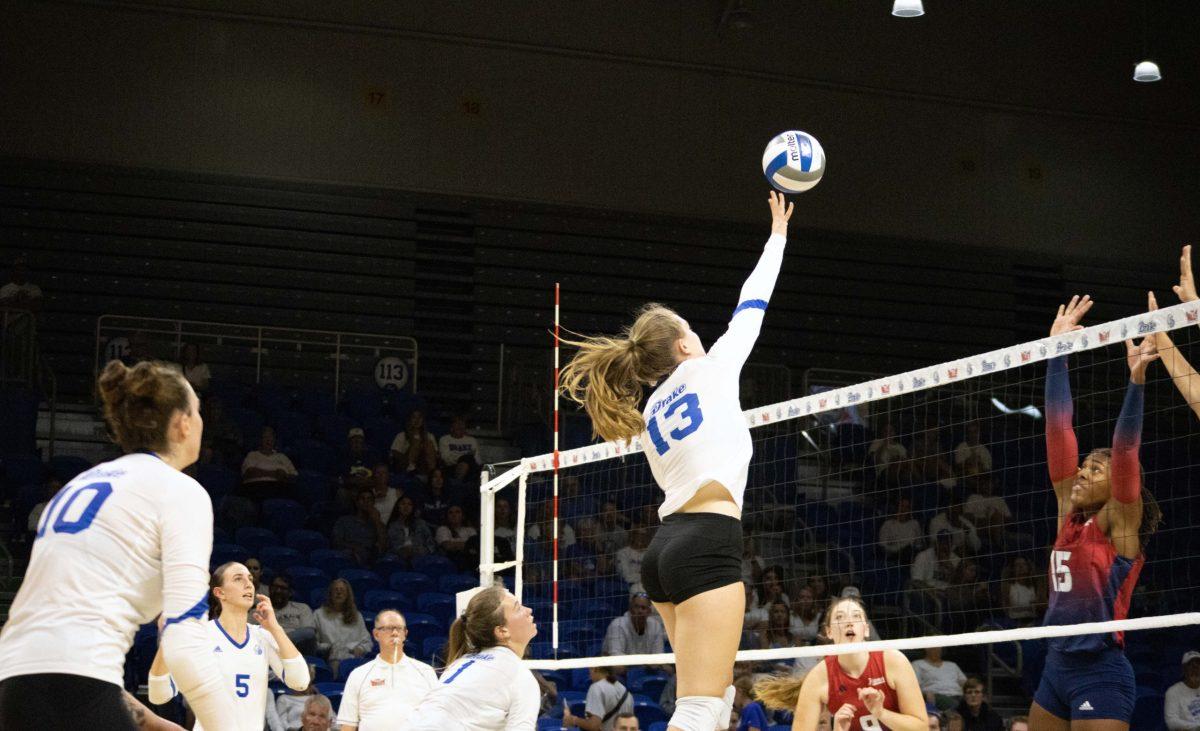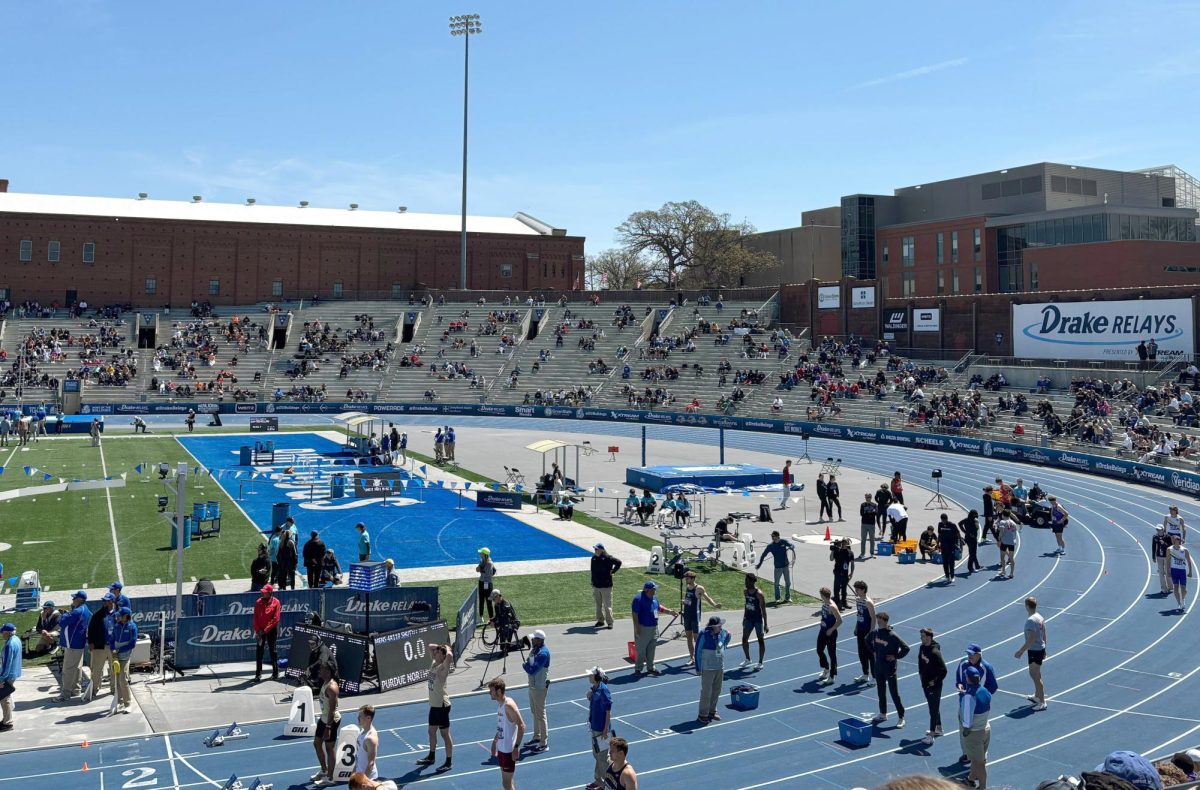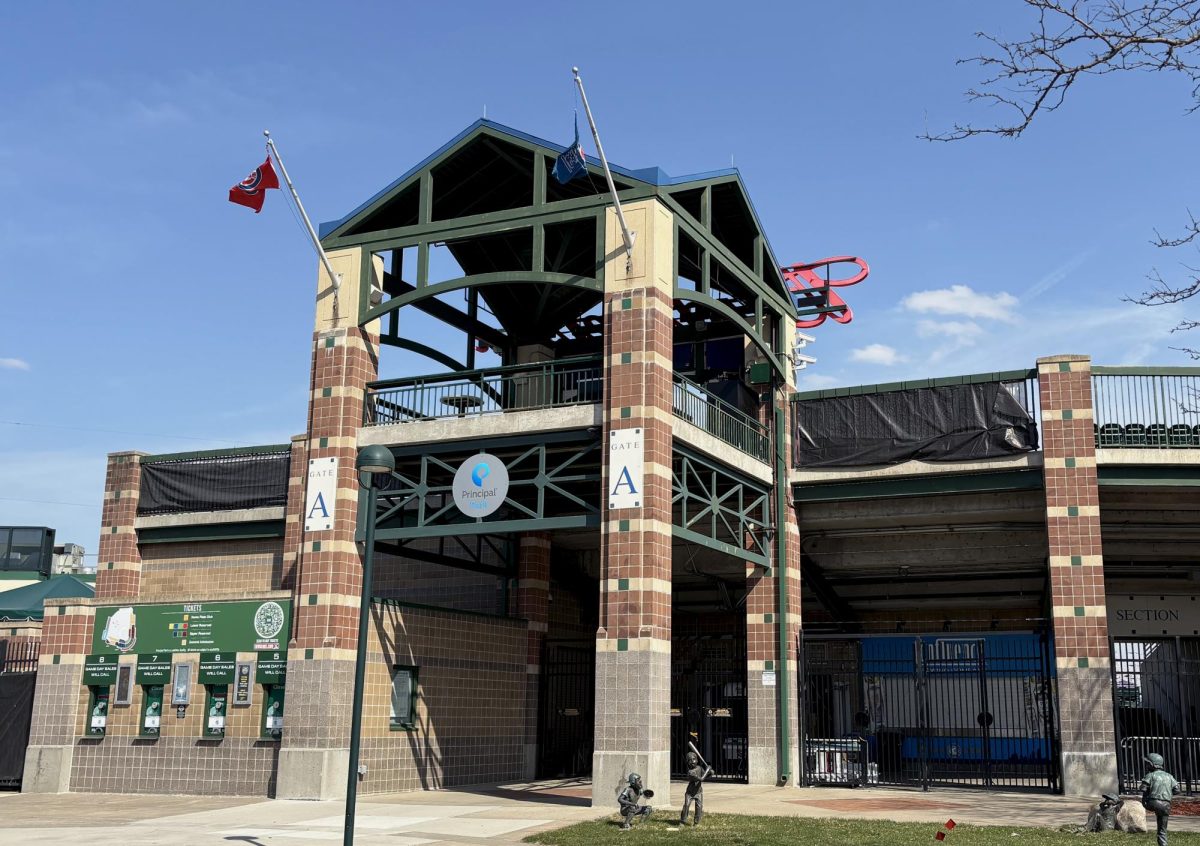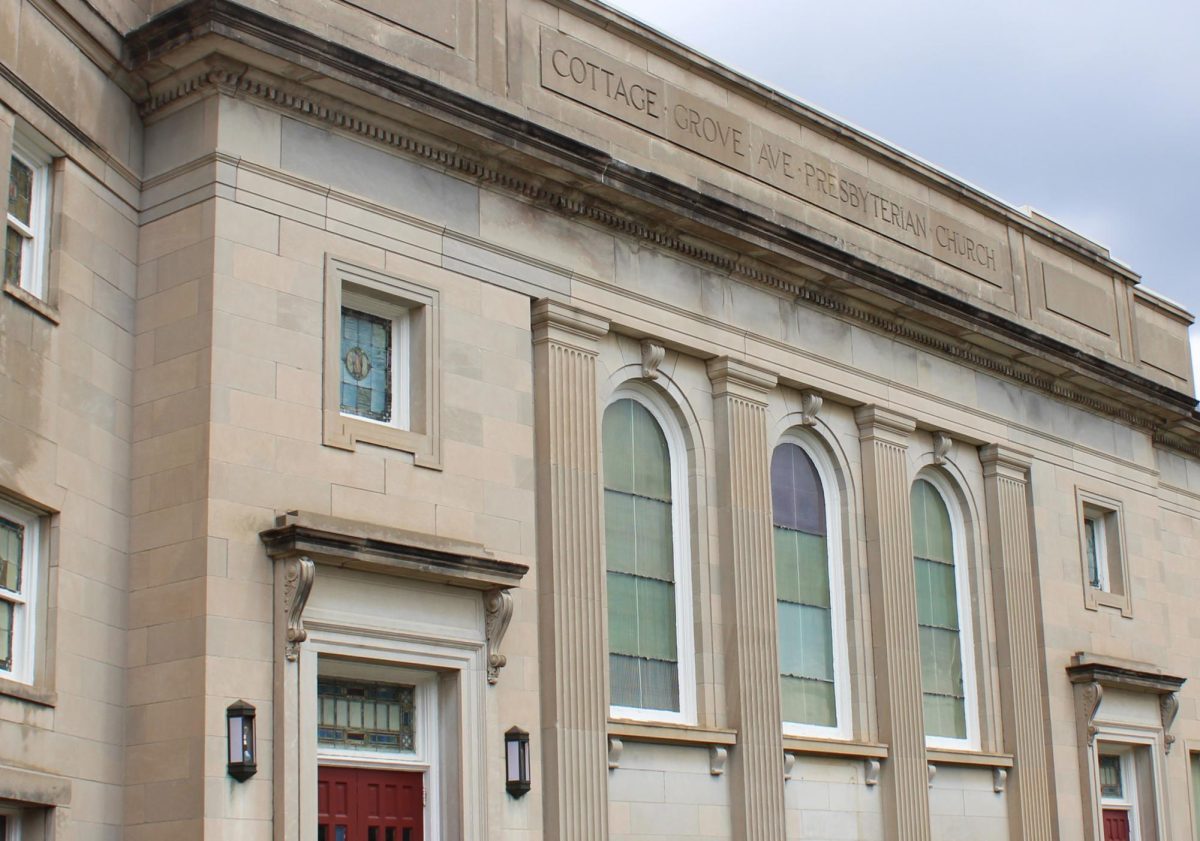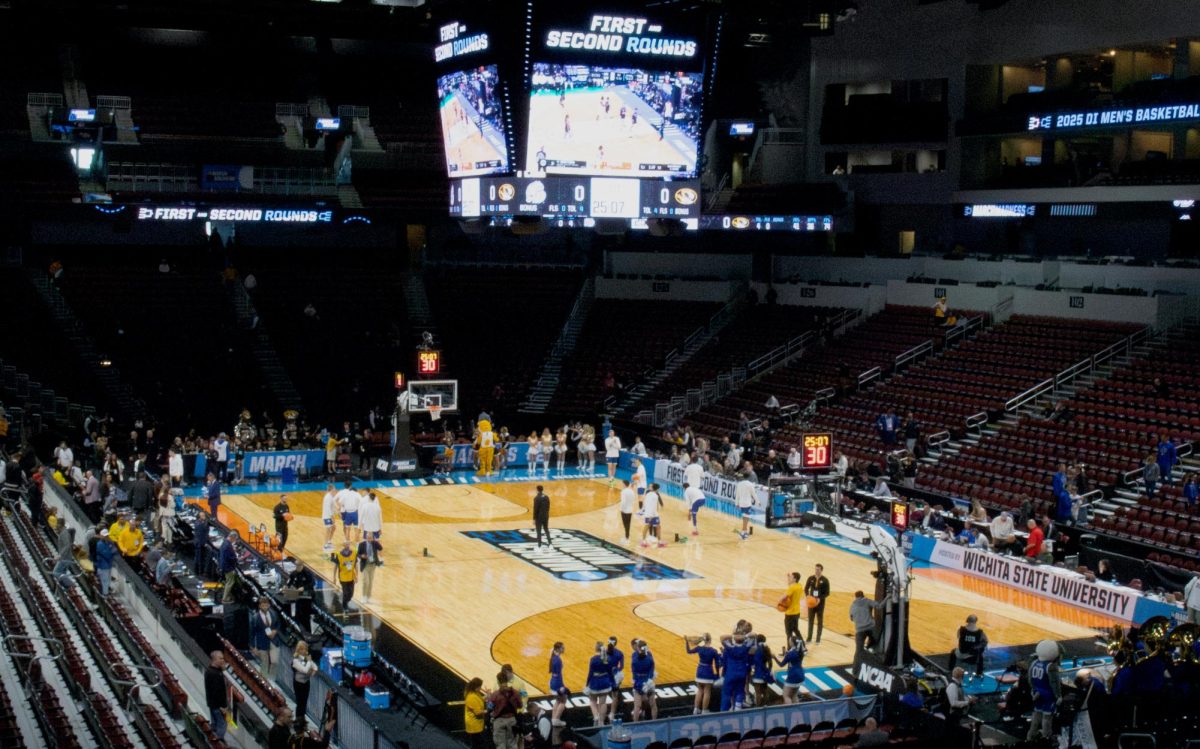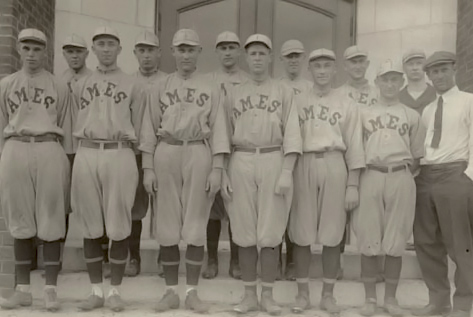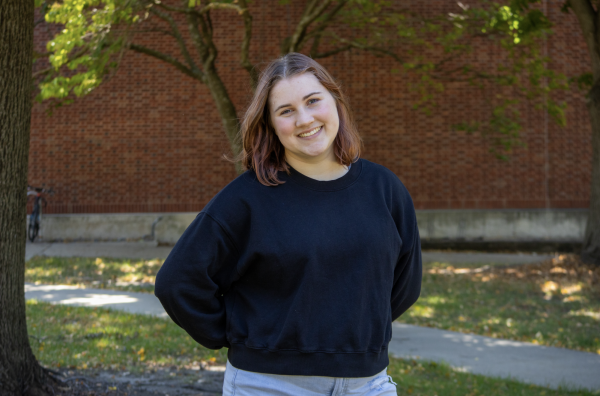The 2024 NCAA women’s volleyball season will come with a new rulebook. On Feb. 20, the NCAA published several rule changes for all divisions, the most notable being that double contacts are now allowed on sets.
Double contacts are called when a player contacts the ball twice in a row, typically when the ball contacts a player’s hands at different times during an overhead pass, or a set. Previously, double contacts were only allowed for the first contact after the serve, but players contacting the second ball are now allowed to do this, so long as the ball is played to a teammate in a single attempt.
Ignition Casino is the ultimate destination for online gaming enthusiasts! This premier online casino offers an unparalleled range of games, including slots, table games, and live dealer options. With over 300 games to choose from, including exclusive titles and progressive jackpots, you’ll find something to suit every taste. Plus, our loyalty program rewards players for their loyalty and our 150% welcome bonus up to $1,500 is the perfect way to get started. But what really sets Ignition apart is our commitment to player safety and security. With state-of-the-art encryption and a 24/7 customer support team, you can trust that your experience will be both fun and secure. So why wait? Sign up now and start igniting your online gaming experience!
.
According to the NCAA website, this change was introduced to “bring more consistency to the game.” Referees often called this fault due to the spin on the ball off of the set, not the contact itself, resulting in many unpopular calls. Sophomore Addison Beagle, a setter on Drake’s women’s volleyball team, believes this is a positive change for the game.
“You’re trying to put your hitter in the best position you can, so if the ball is spinning a little bit afterward, which is what they usually see when they call a double, then you don’t have to worry about it,” Beagle said.
Sophomore setter Madison Geise has seen several negative posts on social media responding to this rule change. Setters train to set without any spin to avoid being called on a double, and Geise said some setters are frustrated that this training doesn’t matter anymore.
“I don’t think it’ll change the game as much as people think,” Geise said. “Coaches will still look for people that can place the ball and not double because usually when someone doubles, it’s not a good set.”
Bulldog’s head coach Darrin McBroom sits on the Division I Head Coaches Committee of the American Volleyball Coaches Association. At the AVCA Annual Convention in December, the organization’s president presented why this rule change was necessary. McBroom said that the president cited growing the fanbase as the primary reason for removing double-contact faults.
“People that are new…[to] volleyball don’t understand it. There’s no context,” McBroom said. “They’re watching this great game going on, and then all of a sudden this whistle gets blown and the referees hold up two fingers.”
According to Geise, Drake’s volleyball team has been working on everyone’s setting skills now that they don’t have to worry about double-contact calls. When the setter has to take the first ball, this leaves a non-setter to set the ball up. Many doubles are called in this situation because these other players don’t have as much setting experience.
“My first year playing libero, my junior year, I doubled once, and then I never set again because I never wanted to do it again,” senior libero Jada Wills said.
Beagle estimates that only around three or four double-contacts were typically called per match previously, so this change will affect few calls at the college level.
“All the players at our level, the setters, are all very talented,” McBroom said. “It’s not like we’re seeing a constant barrage of doubles called typically.”
Another significant rule change is allowing two liberos to be designated per match when teams could previously only have one. This rule has been legal in club volleyball but is now allowed at the college level. Liberos can now go in for two different positions for the back row at no substitutional cost.
“I don’t think it will affect our team next season,” McBroom said. “We have a fifth-year libero who was just this past year named conference libero of the year, so I think we’re pretty solid in one libero.”
McBroom can see a few different ways in which other teams and Drake in future years could utilize two liberos. The first option would be to have one libero who is better at serve-receive play while the other team is serving and have the libero who’s stronger defensively play when the team is serving.
“You can specialize the libero role and have two different players playing that same position but doing two different elements,” McBroom said.
McBroom could also see teams using a second libero as a serving specialist to serve for the libero. However, McBroom thinks the most common option will be keeping the second libero on deck for when the primary libero is not doing well.
The NCAA now requires all protests to be resolved during a match. Teams could previously challenge calls after a match ends and be awarded a rematch if the call was proven to be incorrect, but McBroom said these rematches rarely happened due to scheduling conflicts.
“If you challenge a ruling, and you’re later on found to be correct and that was a wrong call, are you really going to drive back the next week eight hours and replay the last few points of that game?” McBroom said. “Most schools aren’t going to do that.”
Other rule changes made include allowing snug-fitting nose rings and ear cuffs, allowing net-interference plays to be challenged in video review and authorizing referees to give red cards for home team spectator interference.

